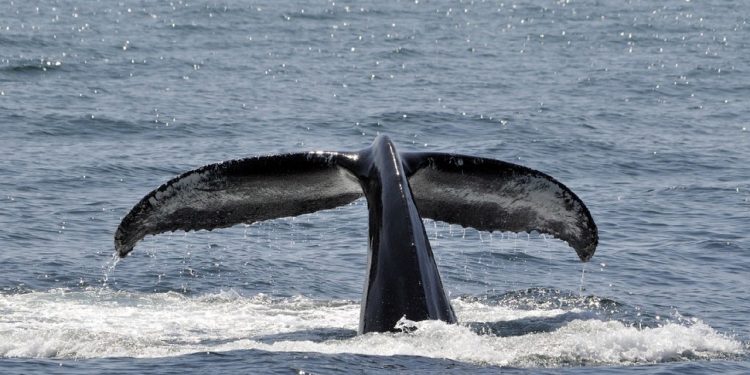A Whale-Sized Problem

Mass Stranding of Pilot Whales
As reported by BBC News, “The number of short-finned pilot whales who have died after they were stranded on a beach in the Indian state of Tamil Nadu has risen to 73, officials said”. Indeed, this issue of mass stranding has become rampant on the coasts of southern India, to the extent that 28 whales died on Wednesday (13th Jan, 2016) at Tuticorin, and 45 more on Monday (11th Jan, 2016). In fact, pilot whales are perhaps the most vulnerable to being stranded on the shores; as said by whale expert Dr. Kumaran Sathasivam, “This is a well known phenomenon. When there is mass stranding, whales return ashore. Pilot whales are very social animals and they live in groups. They are very aware that some of their group members are in distress on the shore, possibly dead, so they don’t wish to go back into the sea.”
Speculated Human Causes of Mass Stranding
However, humans may also be playing a large role in this phenomenon—primarily by engaging in their potentially destructive activities (like industrialization and transportation). As reported by The Hindu , the deafening noises caused by the Indian shipping industry may in fact be leading to worsened hearing, and subsequent stresses among these creatures. So, due to the highly sociable nature of these benign creatures, many pilot whales will follow an ill or traumatised whale up to shore, where they then get stranded, and face death due to their inability to return to the sea. That said, these animals are highly regarded for their intelligence, and for their gregarious nature; they tend to swim about in the deeper reaches of the ocean. Another speculated reason for their being stranded is the military sonar from ships off the Andaman Islands; these are machines and contraptions than can severely affect their hearing.
Other Possible Causes
Then again, humans are not always the culprit. As reported by the Hindustan Times, the cause behind this phenomenon of mass stranding can also be attributed to underwater disturbances (like earthquakes), attacks from larger sea creatures, or due to the whales’ affinity to swim against the ocean waves. And as a result, the death of so many pilot whales can have negative consequences on the neighboring environment—since it can lead to severe disruptions in the food chain. So, experts are trying very hard to discern the root cause; as reported by the New Indian Express, samples of the whale carcasses are being examined, as is the salt content of the waters.
Conclusion
Although short-finned pilot whales may seem like inconsequential parts of the environment, it is an indisputable fact that every creature plays a vital role in the running of the ecosystem. Indeed, such is the strangeness of this occurrence that it has thrown many marine experts off-guard; however, they are still working to find out why so many intelligent creatures are swimming into perilous waters, where most of them ultimately meet their deaths. Moreover, we have to make a conscious effort to save these animals—for although the exact reason has not been determined, there is a good chance that our activities are disorienting and stressing the pilot whales. And lastly, even if the reasons do not involve humans, it is our responsibility, as the most powerful species on the earth, to find out why these whales are engaging in such inexplicable behaviour.
[Image Attribute: skeeze]



